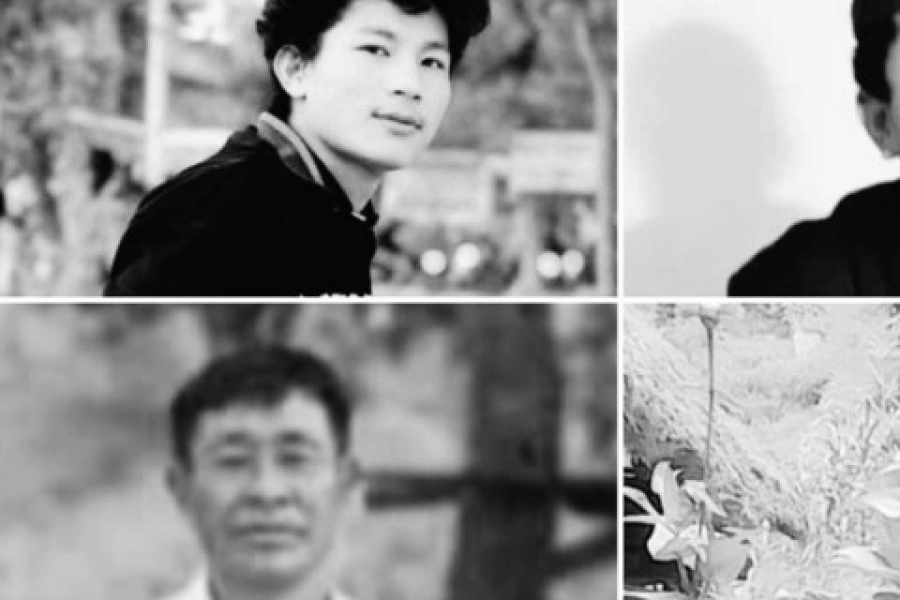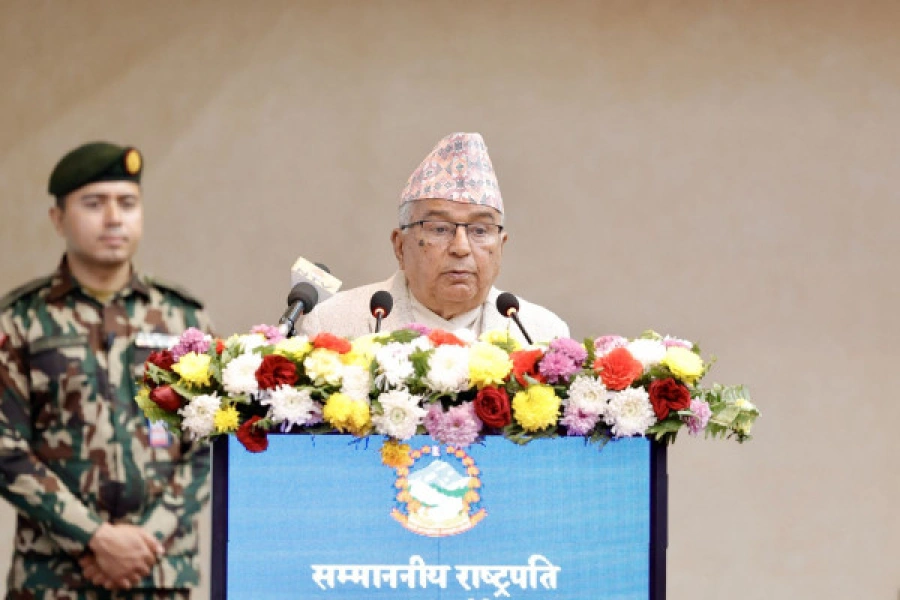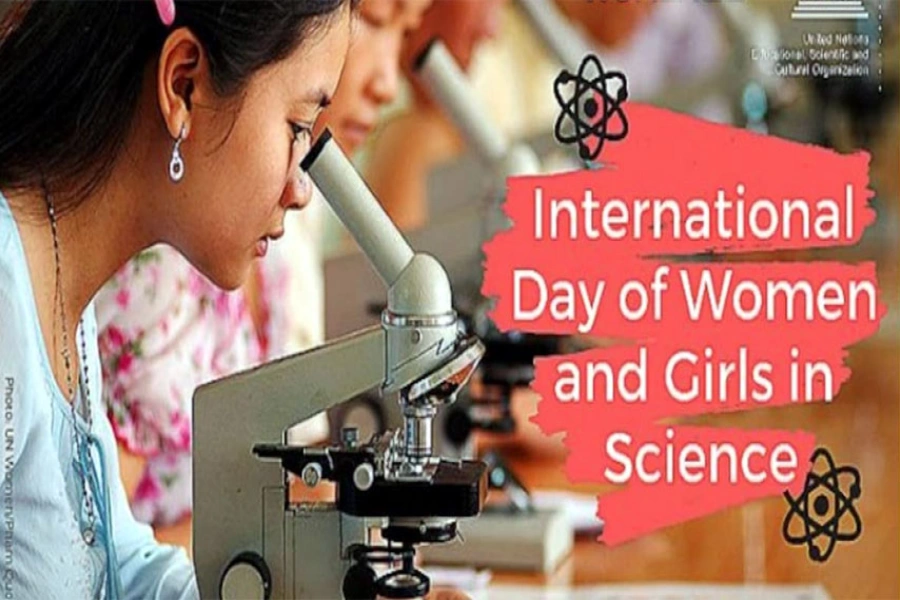KATHMANDU, Jan 16 : Suman Adhikari lost his father Muktinath Adhikari 15 years ago when the rebel CPN (Maoist) murdered him brutally in Lamjung. Since then, Suman has been fighting for justice. He has been questioning the state as well as the then rebels.
Who were involved in the murder? And why was he murdered?
The rebel leaders rose to power after the Comprehensive Peace Accord of 2006. The armed insurgency came to an end, but victims like Suman are yet to feel that they have had justice. Instead, their hopes of seeing justice are becoming clouded.
Suman on Sunday posted photos -- one of his widowed mother and another of her with her murdered husband -- and questioned the authorities where justice is. “15 years of waiting for justice. Where is it and who is to deliver??” he tweeted.
Monday will mark the completion of 15 years since the murder. Suman is in Lamjung to attend a memorial function at Panini Sanskrit Secondary School, Duradanda, where his father was headmaster at the time he was murdered.
TRC faces backlash over public call for sexual violence complai...

Muktinath was abducted by Maoist cadres on January 16, 2002, when he was teaching a science class. That afternoon, he was taken to a hillock near the village, tied to a tree with his own muffler and shot in the head. The Maoists had accused him of being an informant for the security forces after he refused to donate 25 percent of his Dasain bonus to them.
“We cannot forget the day he was murdered. We will keep on asking why he had to be killed. We’ll continue our struggle for justice,” said a determined Suman Adhikari, who is also coordinator of the Common Platform of Conflict Victims (CPCV).
However, Suman said that many like him fear a loss of hope as they see the apathy of state and political leaders toward transitional justice.
“We had hope of justice when the Comprehensive Peace Accord (CPA) included a provision for forming transitional justice mechanisms, but it has been fading away as the state and its leaders have been turning a deaf ear to our cries,” he said.
“We wanted to see some really strong mechanisms to investigate cases of human rights violation during the armed insurgency. We filed a writ petition at the Supreme Court to help the process of forming a genuinely strong Truth and Reconciliation Commission (TRC) and a Commission for Investigation on Enforced Disappeared Persons (CIEDP).
The court gave a clear order to form victim-centric commissions. However, the actions of the state and political leadership have not matched their verbal commitments,” Suman lamented.
He said that the victims of the armed conflict want the TRC and the CIEDP to actually provide the justice they crave. And he questioned the slow progress that each commission has made so far.
“The commissions are so far unable to give us any hope that we will have justice,” said Suman, who, along with his mother Indira, had filed a complaint at the TRC on June 14, 2016.
Shreekrishna Subedi, a commissioner at the TRC, said it is unfortunate that even 10 years after the end of the armed insurgency, the victims are still unable to feel they are in the process of getting justice.
However, he expressed hope that the victims would not have to wait long, as the transitional justice commissions have already started investigations into their complaints.
“The TRC was formed only eight years after the CPA was signed. We lacked a common understanding even among the commissioners. On the other hand, the government and the political parties didn’t properly support the commission and they failed to provide the necessary legal and financial resources in time,” said Subedi.
Though the existing law has provisions for extending their tenures by one year, the TRC and CIEDP, which were formed on February 11, 2015, have less than one month left in their original two-year tenures.
According to Subedi, the two commissions are holding a joint meeting on Friday to discuss possible extension of tenure. “As both the commissions have started investigations into complaints and the TRC has been working on establishing extension offices in the seven provinces to facilitate investigations, I hope the victims won’t have to wait long for justice,” he said.


































